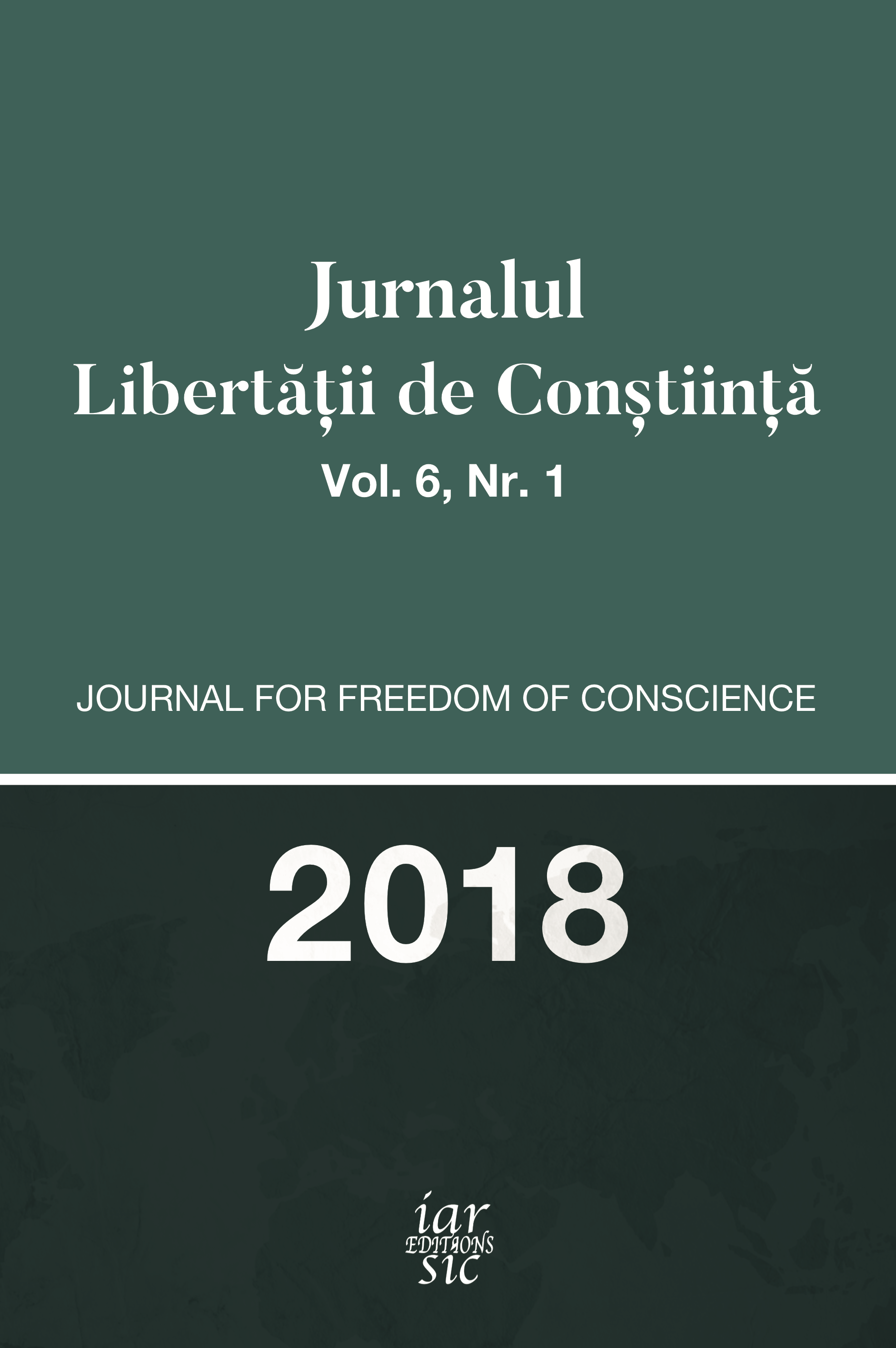UNITATEA LITURGICĂ - PREMISĂ A UNITĂȚII NAȚIONALE
Liturgical Unity - A Premise of National Unity
Author(s): Dumitru A. VancaSubject(s): Theology and Religion, Eastern Orthodoxy
Published by: Editions IARSIC
Keywords: romanian language; liturgikon; liturgical language; national unity; liturgical patterns;
Summary/Abstract: Preceding with almost two centuries the State and political unity of Romanians, linguistic unity, mainly due to liturgical texts, contributed to the consolidation of national identity. The translation of liturgical texts into Romanian was hierarchical and progressive in the sense that it was initiated from the bottom up, beginning with the most needed: homilies, biblical texts and the Divine Liturgy. The end of this translation and negation process was marked by the martyr Metropolitan Antim the Iberian, who set the ultimate model of the most important liturgical forms: the Liturgy and the Euchologion. Smart enough as to select the best Romanian translations existing at the time, Antim gifts the Romanians with a paradigmatic text for all future editions. We have also included in our study a relevant historic moment: Romanian and its supra-ethnic character, an approach supported by pastor and intellectual Stephan Ludwig Roth who, in the XIXth century, believed that Romanian had the best ingredients to become the language of al Transylvanian ethno-linguistic groups.
Journal: Jurnalul Libertății de Conștiință
- Issue Year: 6/2018
- Issue No: 1
- Page Range: 112-125
- Page Count: 14
- Language: Romanian

